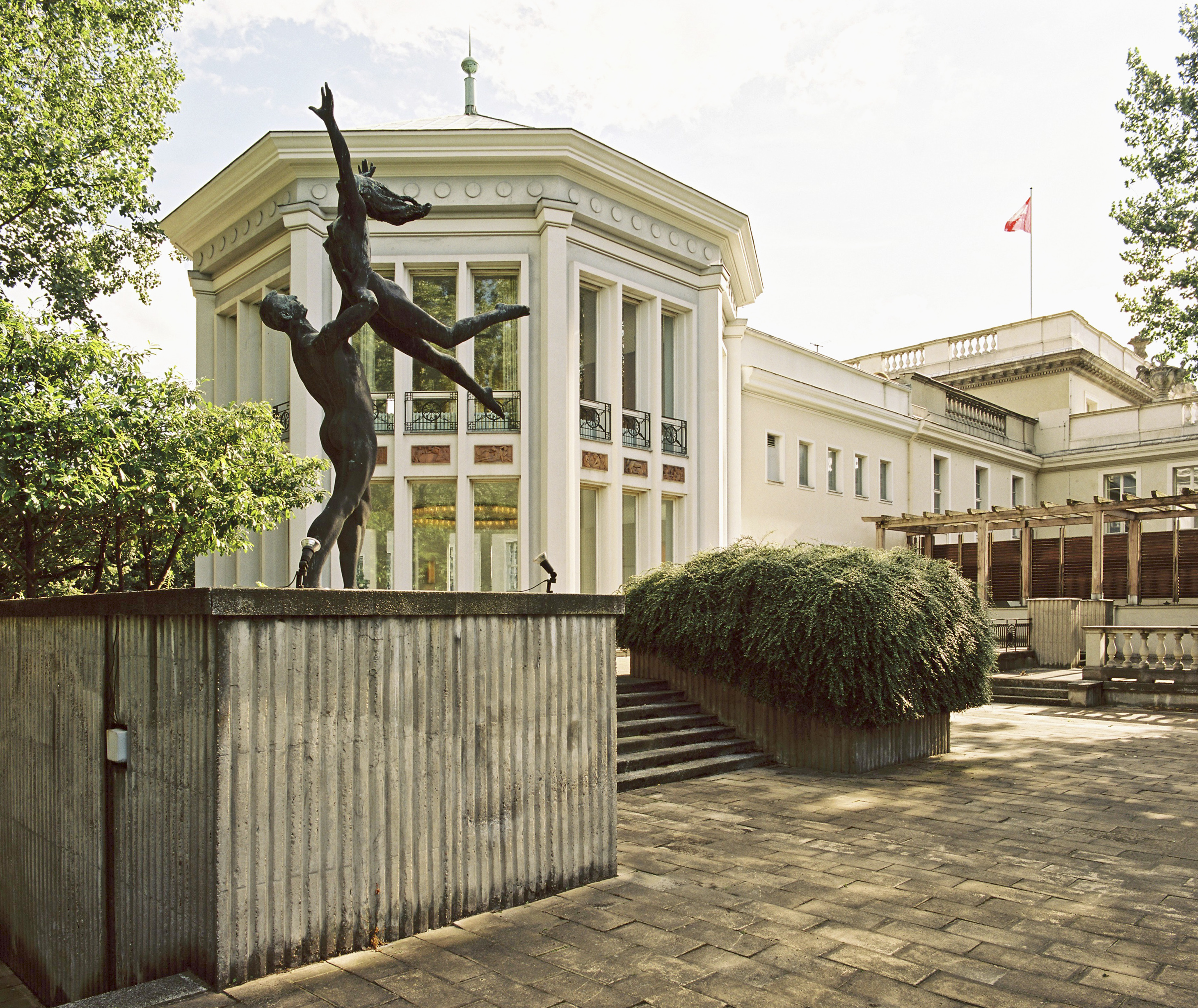March 19–July 23, 2023
Berlin 10117
Germany
Hours: Thursday–Friday 2–7pm
Saturday–Sunday 11am–7pm
T +49 30 20886444
info@schinkelpavillon.de
Artists: Joachim Bandau, Ivana Bašić, Ian Cheng, David Cronenberg, Sidsel Meineche Hansen, Matthew Angelo Harrison, Tishan Hsu, Mike Kelley, Alexander Kluge, Tetsumi Kudo, Fritz Lang, Nour Mobarak, Sandra Mujinga, Diane Severin Nguyen, Mary Shelley, Ovartaci, Analisa Teachworth, Suzanne Treister and WangShui.
Distinctions between dystopia and reality are increasingly collapsing in the face of inexorable technological and ecological upheavals. Against this backdrop, Human Is—which borrows its name from the short story by Philip K. Dick (1955)—employs science fiction as a spiritual, narrative and aesthetic vehicle. The works in this exhibition mobilize alternative future horizons and political imaginations—an exploration of the notion of “being human” as a contestable and reversible category.
Since the 19th century, with its attendant notions of capitalist and scientific progress, science fiction has offered a mirror to the changing contemporary conditio humana alongside its values, fears and constraints. The seemingly external threat of extraterrestrial, supernatural or artificial beings is often manifest as a self-made anxiety and part of our cultural condition. The monstrosity of the unknown arises to shake up limitations, which, in effect, decenter the human protagonist.
Human Is juxtaposes historical with newly commissioned artworks. The exhibition paints a polyphonic picture of the mutual penetration of bodily and non-human forces; it addresses the often-violent interdependence of humans on their technological surroundings while opposing promises of salvation through trans-humanistic progress. Simultaneously, Human Is opens up spaces of contradiction in which binary oppositions—human/non-human, nature/culture, self/other, male/female—are overcome in favor of a networked and interdependent existence. Human Is engages science fiction to transgress the humanistic unity of the subject through material, narrative and perspectival liminality. Many of the works gathered in this exhibition uncover the hierarchies of power that have traditionally dehumanized the Other. Afrofuturism, for instance, imagines a society beyond the histories of exploitation and discrimination in which people can live in equality, often through strategies of mutation, hybridization and camouflage.
For many, the collapse of the systems we have come to rely on is no longer a distant apocalyptic future. Visionary science fiction writer Ursula K. le Guin sees fiction as a container for reinventing the possibilities of human experience and knowledge beyond any linear narrative of progress. It is through these stories that the destructions and alienations that mark contemporary existence can trigger a new ethics of relationality—one which may no longer be truly human.
Opening hours
Thursday–Friday, 2pm–7pm
Saturday–Sunday, 11am–7pm
No pre-registration necessary.
Curated by Nina Pohl and Franziska Sophie Wildförster.
Project management: Teresa Minn
Research assistant: Samuel Staples
Initial curatorial idea by Laura López Paniagua.
Funded by Kulturstiftung des Bundes (German Federal Cultural Foundation). Funded by the Beauftragte der Bundesregierung für Kultur und Medien (Federal Government Commissioner for Culture and the Media). Funded by e-on, the Danish Arts Foundation and the Office for Contemporary Art Norway.
Special thanks to Pilar Corrias, Gladstone Gallery, Miguel Abreu Gallery, Ringier Collection and Ovartaci Museum for their generous support.










